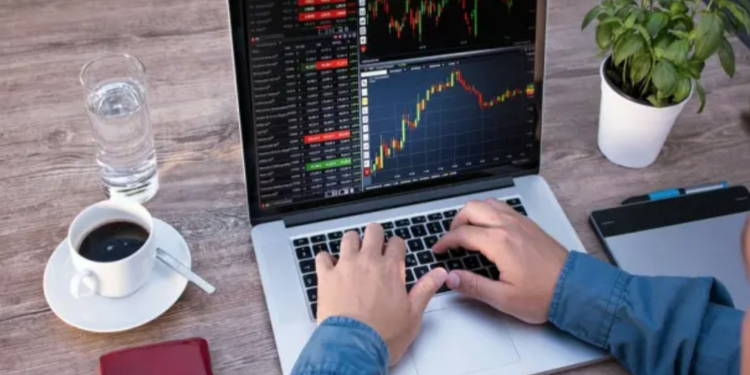Forex trading is one of the most profitable ways of making an income if you know precisely what you’re doing. Forex, otherwise known as foreign exchange trading, is all about being knowledgeable on how the market works so it doesn’t go against you. In this article, we’ll be talking about how much a beginner needs to start forex trading.
Various brokers offer minimum deposits to traders that also offer a great spread, which will minimize your loss in every trade. Top regulated forex brokers normally offer a $100 minimum deposit, while those who are unregulated offer a minimum of $50 to $20 per deposit. However, if you’re residing in the United States and you have a minimum income, you have no choice but to go to an unregulated broker as going to a regulated broker and depositing $100 will hurt you if the market suddenly goes against you. As a beginner, it’s not advisable to deposit that amount of money in forex trading, for a reason that it can easily take away your $100 in a blink of an eye, especially if you are unaware of what you are doing. However, if you have proper knowledge of what forex trading is, then, by all means, go for it.
For beginners, it’s advisable to deposit a small amount of money to your account just to haul in the experience that you need to play with the market. If you can find a broker that lets you deposit $20 to $50, then go for it. Let yourself play around the market a little bit. I know it’s not much, but it’s still real nonetheless. It’s the real market and this implies that you’re using your real money. The thrill of losing your money is there, while the excitement of earning money is also there.
It’s recommendable to start small- with small accounts, you’ll learn the meaning of having proper risk management. Risk management is one of the most important things that you need to learn in entering forex trading. Knowing how much you can risk on a trade will double everything in what you can gain from a trade. A lot of well-known traders always put this first above all else. While entry points, patterns, and indicators are important, before entering a trade, you need to understand the probability of you losing. It’s not all about profits but it’s also about losses- and this is where risk management comes into significance. You need to understand that forex trading is the easiest way to make money, but it’s also the easiest way to lose money. This is why risk management is one of the things you need to learn before anything else. A single 0.1 lot size can turn your $20 or $50 account to a $100 if you back it up with the right strategy and with the perfect entry point.
Besides, your deposit wouldn’t even matter in forex trading. If you think about it, what an accomplishment if you turn a $20 account into a $1000 account. There’s a saying that you should start small and end big. Start at the bottom, and all you have is nothing but up. Of course, amid your journey as a forex trader, there will be ups and downs, but don’t let that decapitate your dream to be great. Focus on your craft, make yourself better, and by the end of it, you are going to be one of those individuals that will inspire the new generation to learn forex trading.
“So how much a beginner needs to start forex trading?”
You could trade at a bare minimum of $10, and by that stage of the game, you need to focus on getting your craft better than earning. I’m not saying that you can’t earn in that account, but what I’m saying is you should try to perfect the basic things in trading such as getting the support and resistance levels, understanding candlestick patterns, getting to know the concept of price action and understanding of how big the market is. Treat forex trading as a profession like a doctor that needs to go through medical school to earn that degree or a lawyer that needs to go to law school to become a fully licensed lawyer. In forex trading, there is no degree, no need for you to go to college, and there is no piece of paper that states your name that you have finally made it. In forex trading, your consistency in trading is your diploma.







